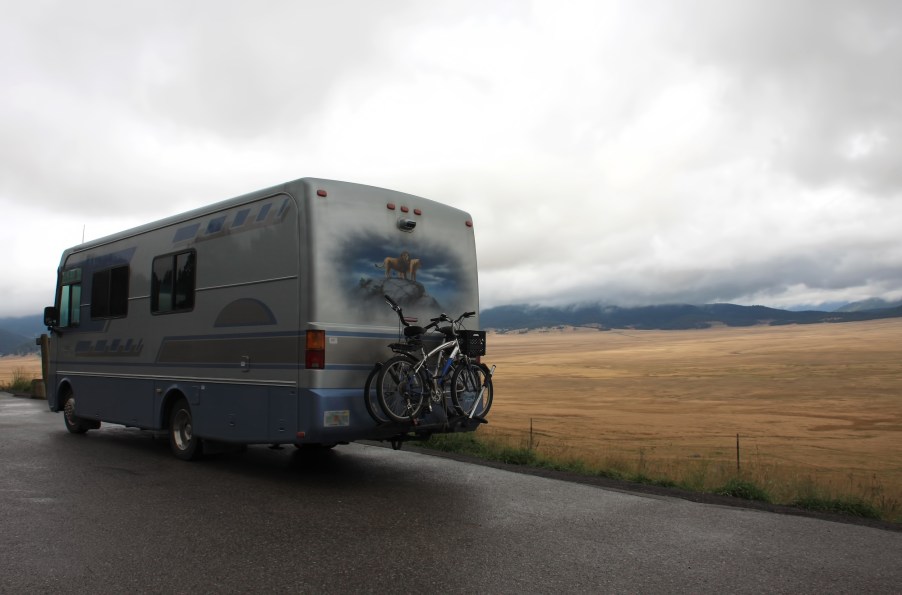
Why You Should Never Buy an RV for Your Retirement
Planning for retirement naturally includes ideas of what to do afterward. For many people, the thought of hitting the open road in an RV sounds delightful. After all, there’s no job stopping you from traveling, and downsizing your possessions is probably in your future anyway. But before you jump in and purchase an RV, there are a few things NASDAQ recommends you consider first.
RV sticker shock
A common misconception about RV living is that it’s economical. Upon learning the price of an RV, many people quickly change their minds. A new RV can cost $30,000 to $300,000, depending on the type and model. And that doesn’t account for the price of insurance, maintenance, and gasoline either.
A new RV can set you back as much as a mortgage would; however, there’s virtually no chance you’ll recover your investment. Because RVs are motor vehicles, they are subject to the same depreciation as automobiles. So the odds of your being upside-down on your loan are pretty high. Also, selling your home or borrowing against its equity will mean you have less money to pass on to your children.
Stopping for the night is expensive too. Depending on where you park, you could pay as much as $70 per night, which may or may not include a sewage dump.
Awkward to drive
At first glance, nonstop traveling might seem adventurous, particularly when the comforts of home surround you. Unfortunately, many full-timers are surprised to learn that driving an RV can greatly distract from their excitement. Large vehicles such as RVs are cumbersome to maneuver and are even more difficult to park. So instead of enjoying the fun of a road trip as you might by car, you could find yourself stressing over traffic or road hazards.
Not all roads are suitable for RV travel. Some are too narrow, while others might close seasonally because of weather concerns. Accordingly, you might need to readjust your route. This could add delays, which in turn would magnify the stress of driving.
Boring decor
RV manufacturers carefully choose their decor based on trends. By the time your RV is a few years old, your decor might no longer seem as attractive as it once did. This is especially true if you’re buying an older model that’s already a bit dated.
Switching up the decor in your RV isn’t that easy because of their minimalist nature. There’s little room for wall hangings or other accessories to spruce things up. Instead, you’ll probably find yourself taking on a major project such as reupholstering the furniture or laying new carpeting. Redecorating is one more thing that can add to the cost of RV ownership.
There’s no place like home

Regardless of how much fun you’re experiencing, there’s nothing quite like establishing a permanent home. Many full-timers report they miss having a home base. Not seeing friends and family regularly can put a damper on your mood too. Keep this in mind before deciding to live in an RV full time, especially if you plan to sell your home in order to do so.
Know what you’re getting into
Buying an RV for retirement is something many people fantasize about. Before taking the plunge, know what you’re getting into. Renting an RV is a great way to make a trial run and experience the pros and cons of full-time RV living. If you decide to purchase a camper, research a variety of makes and models before deciding which one is right for you.


